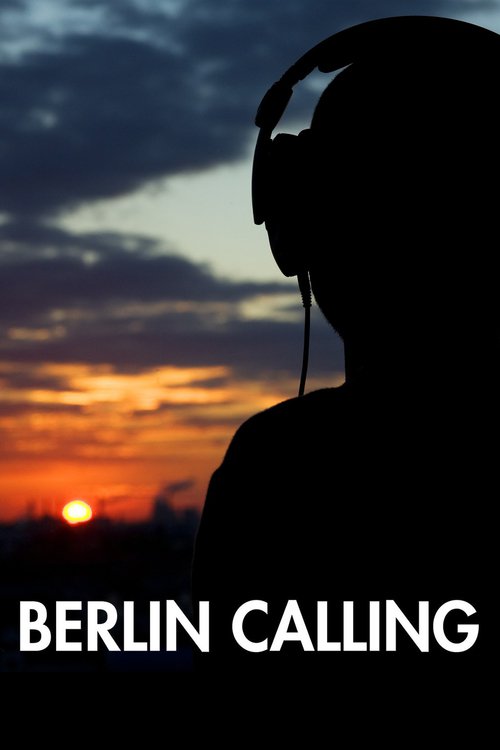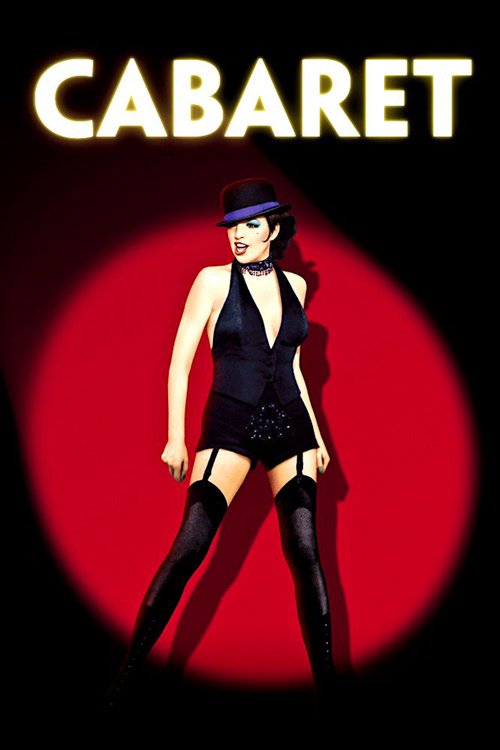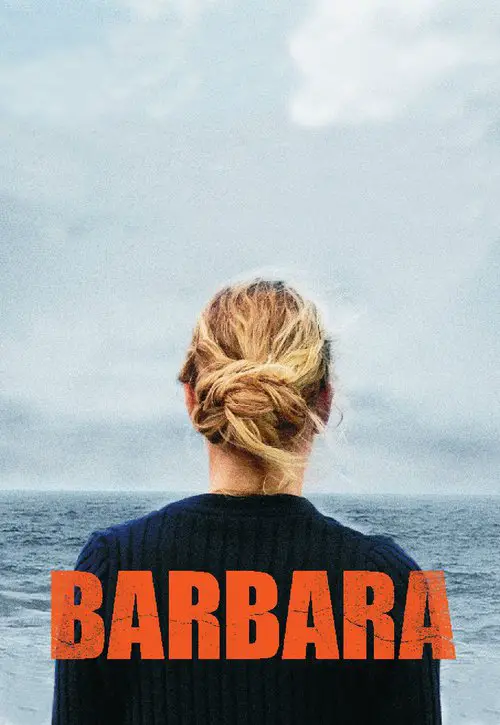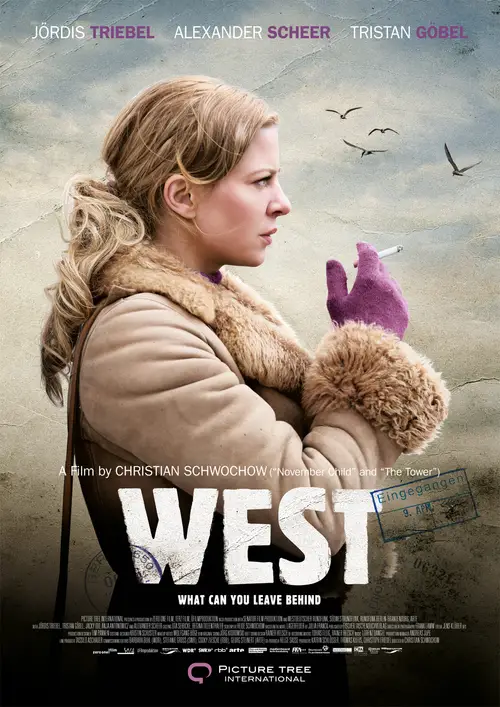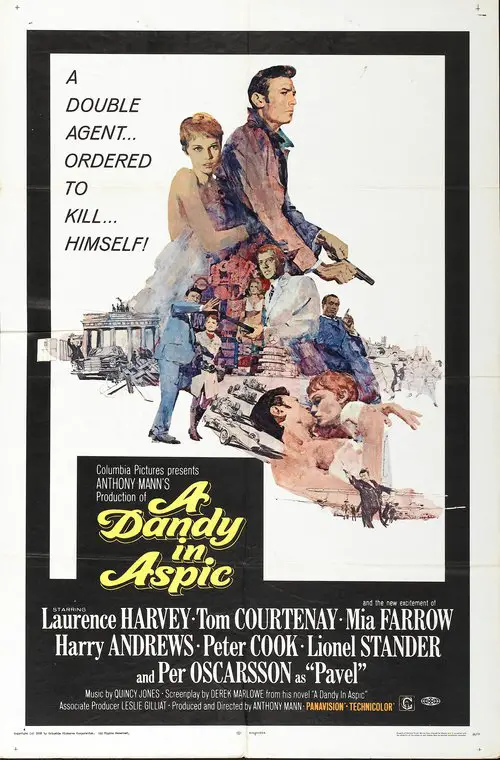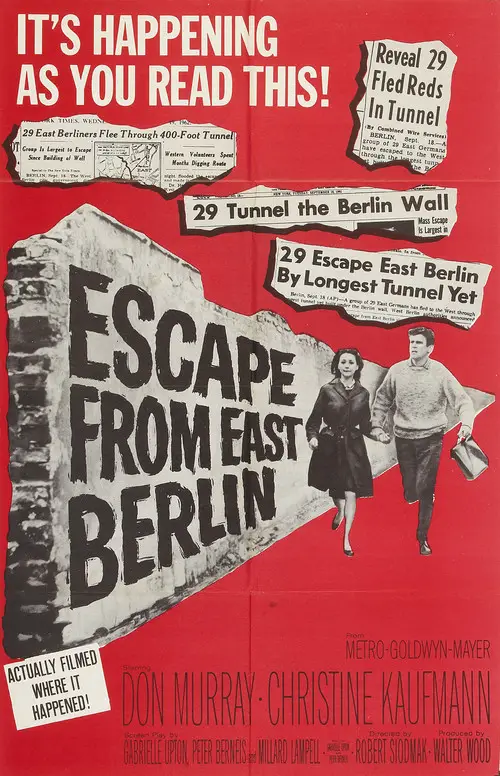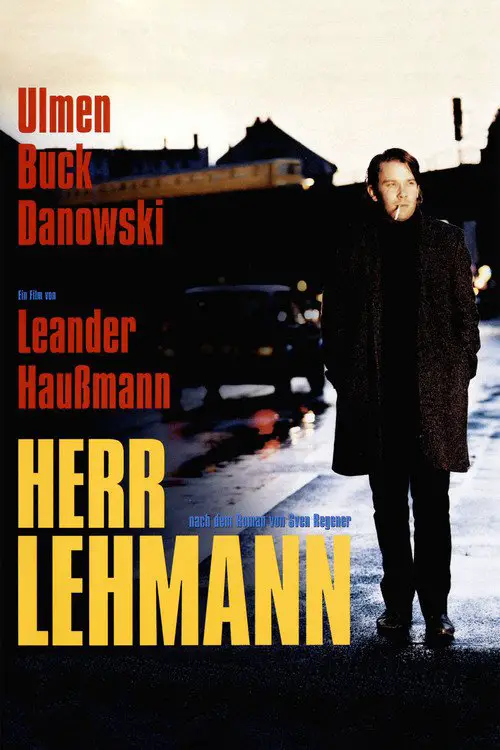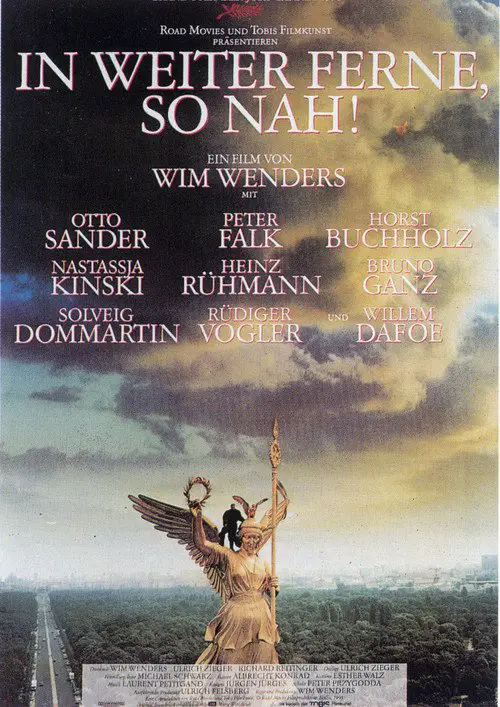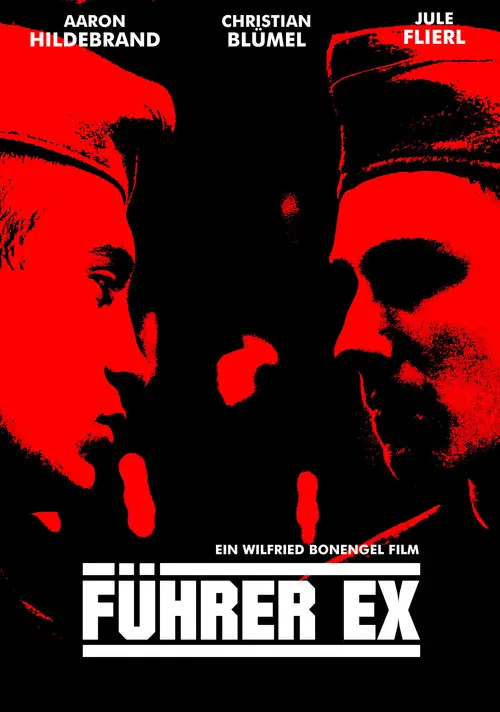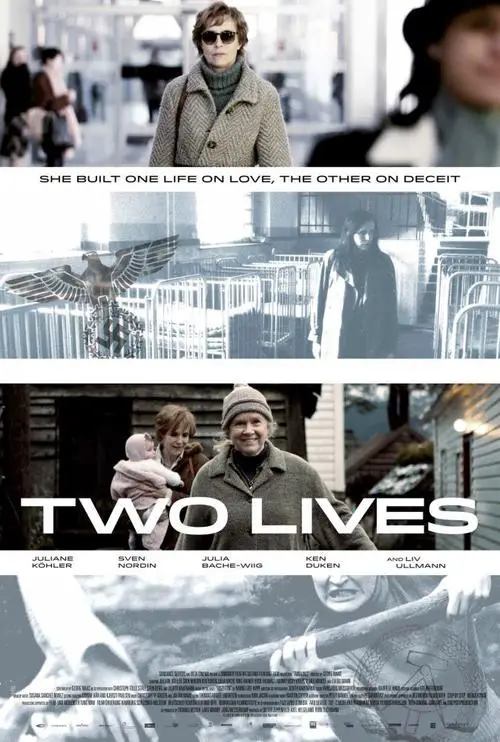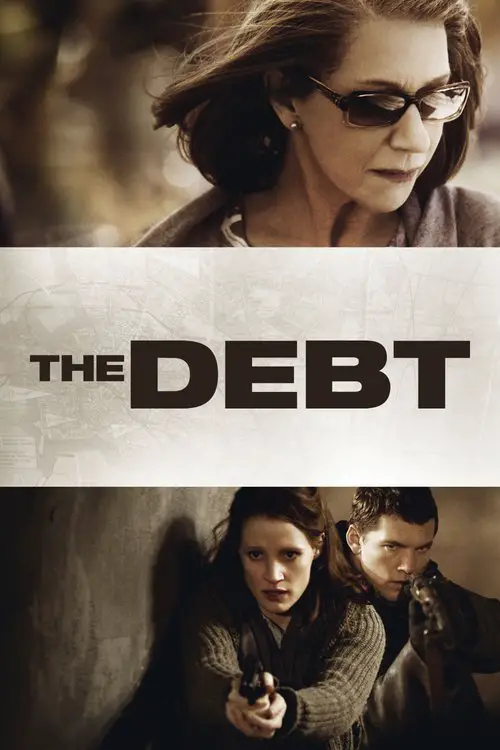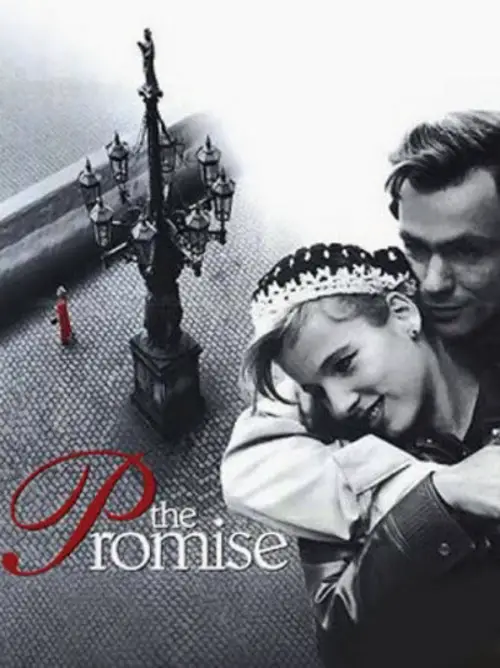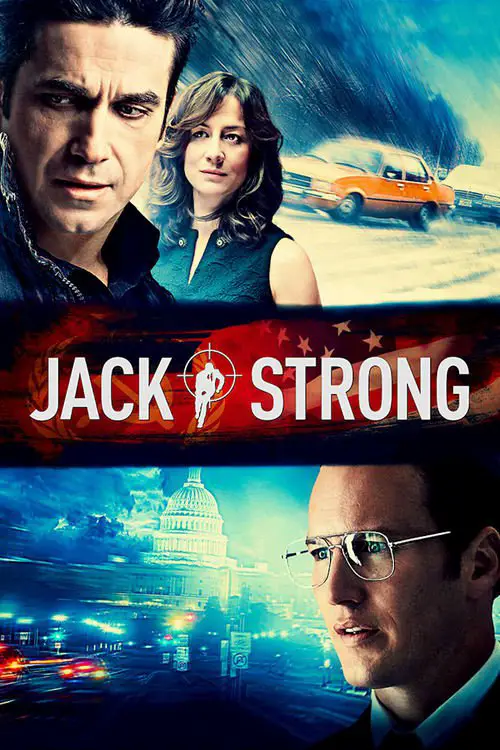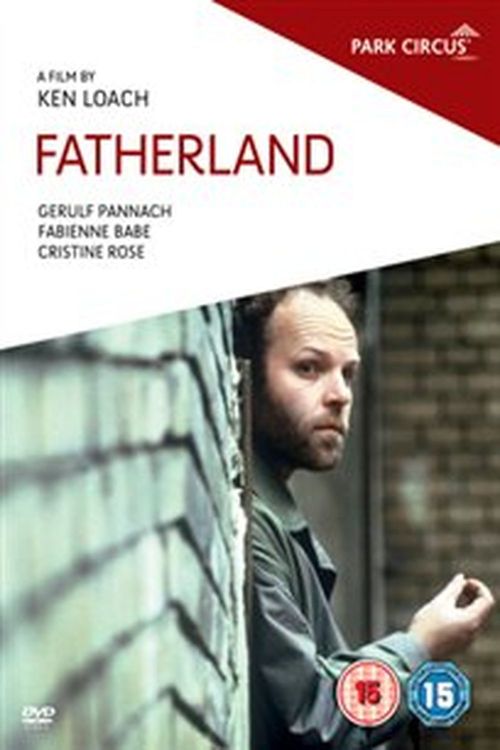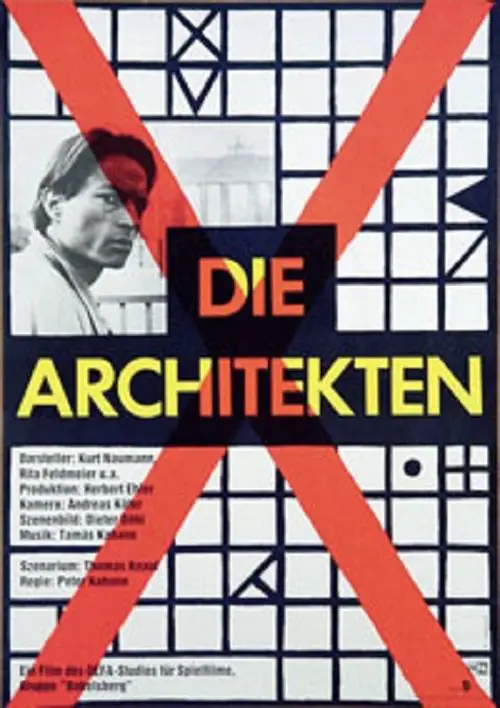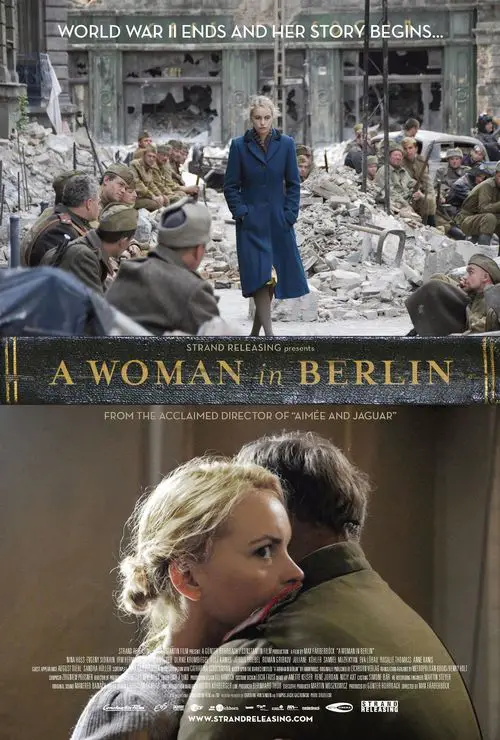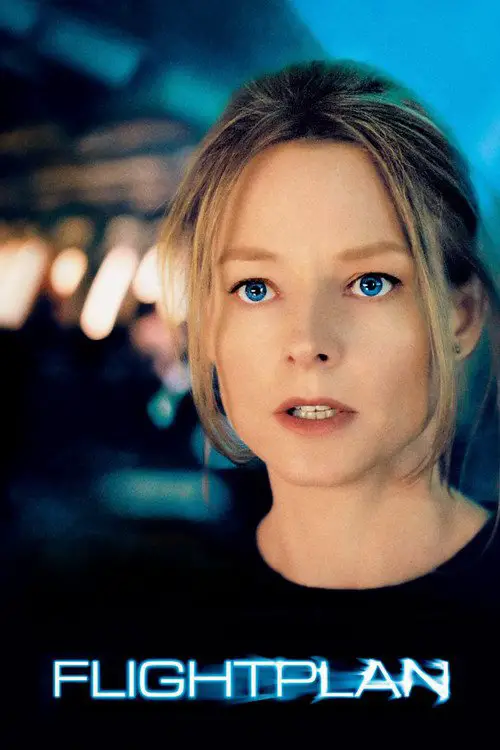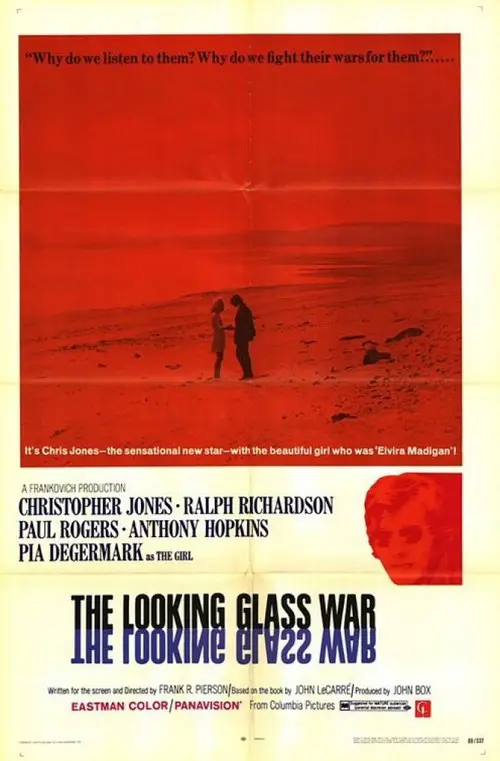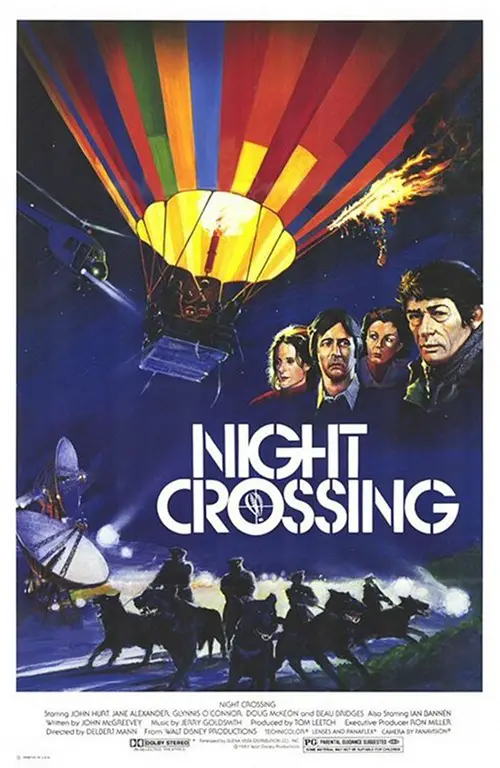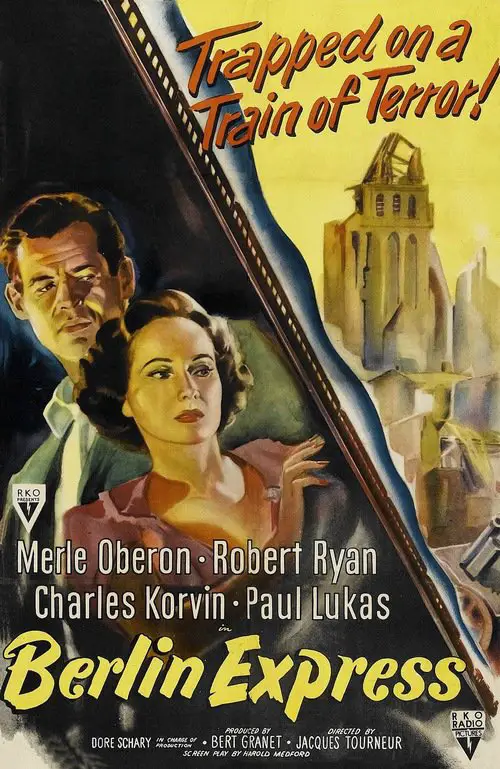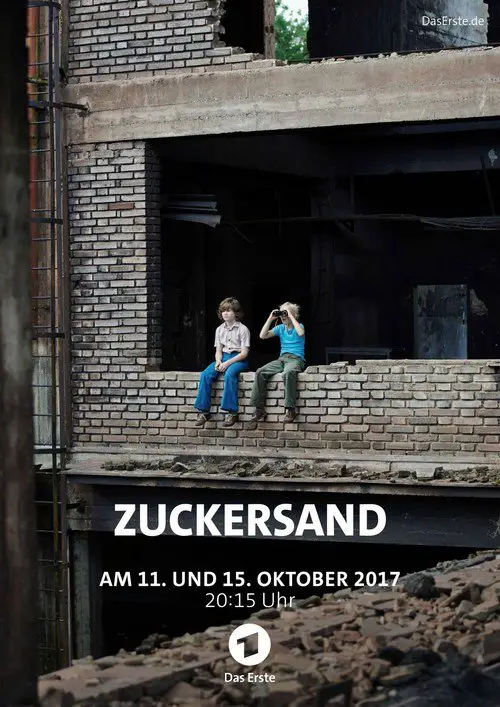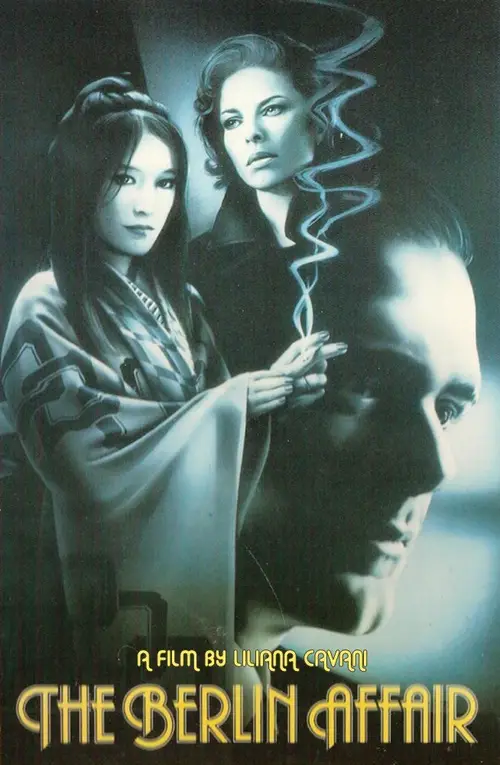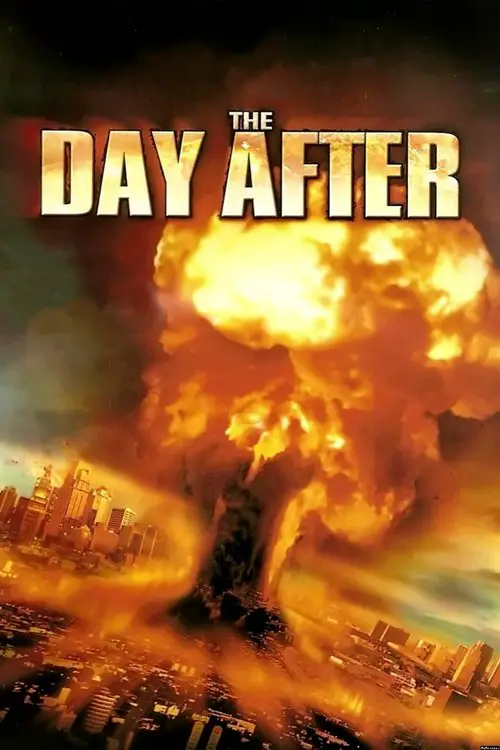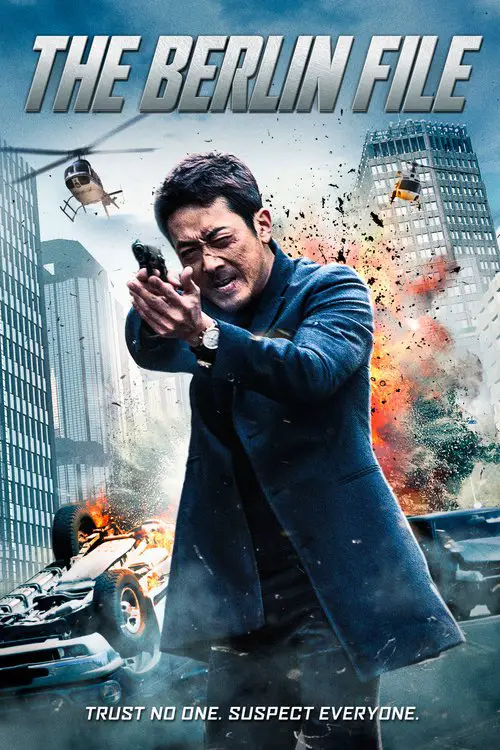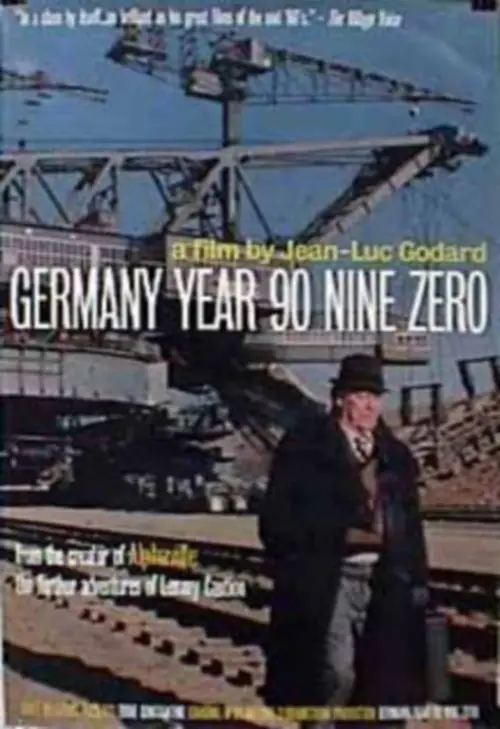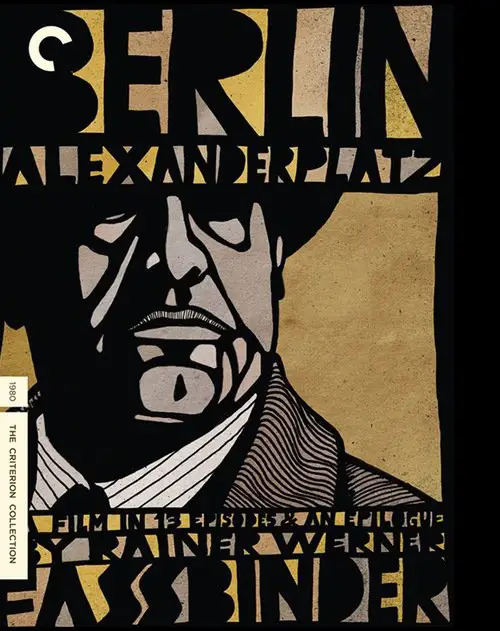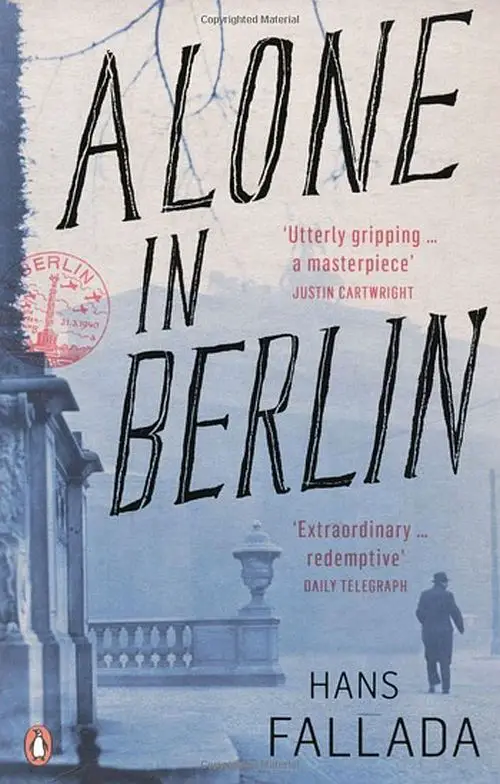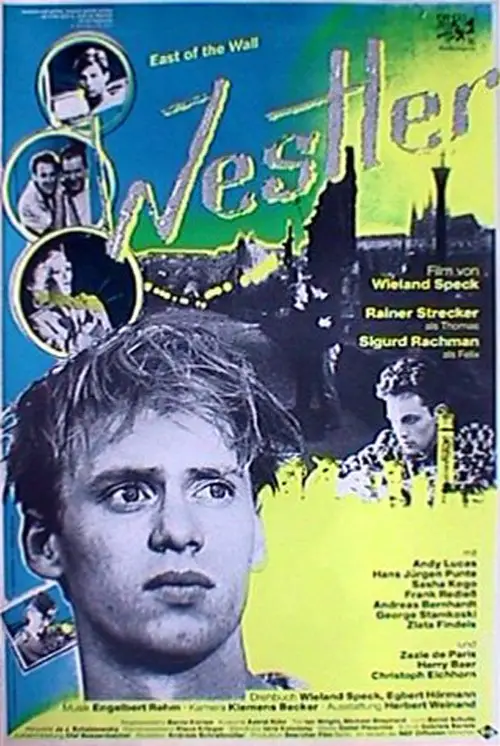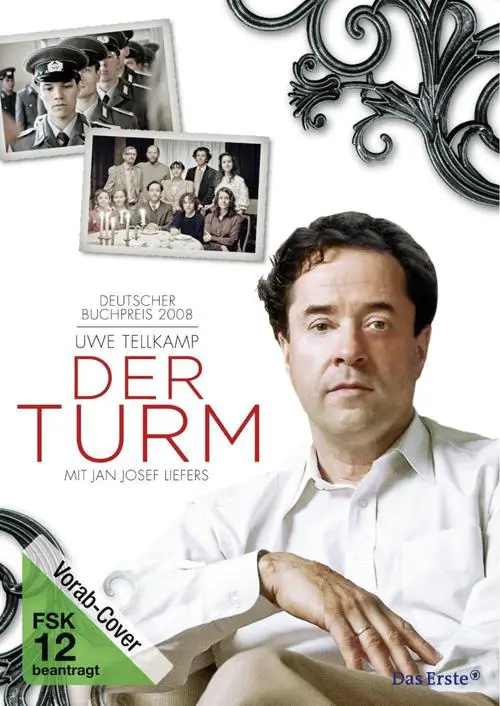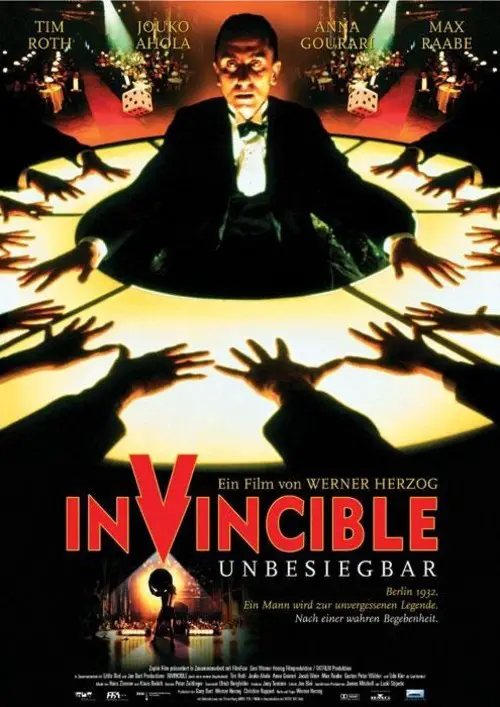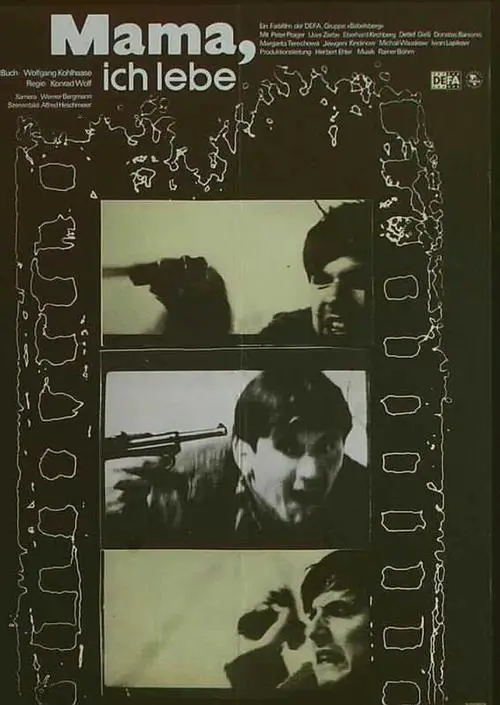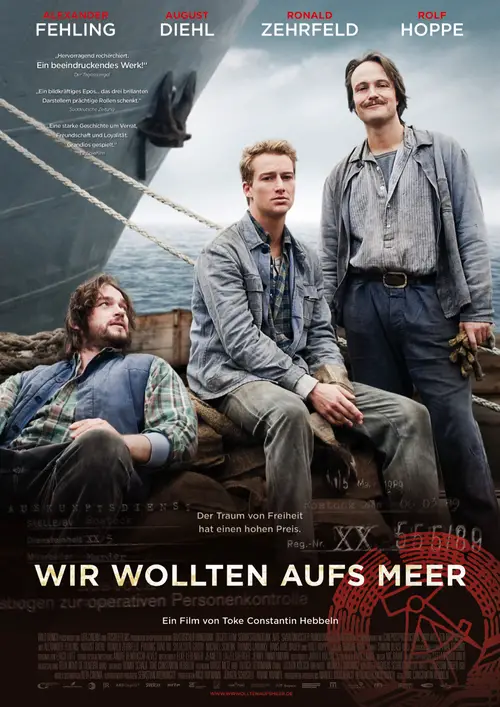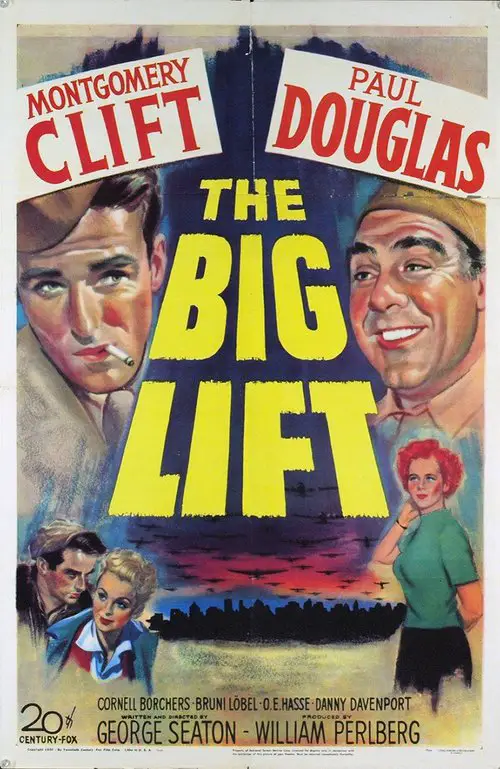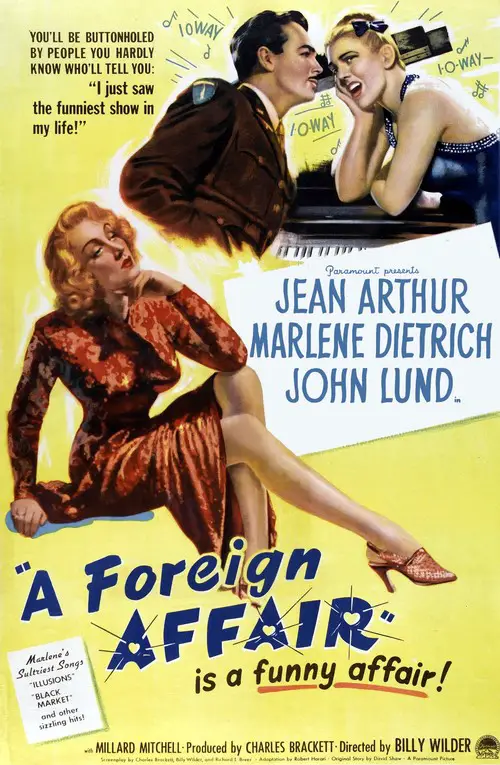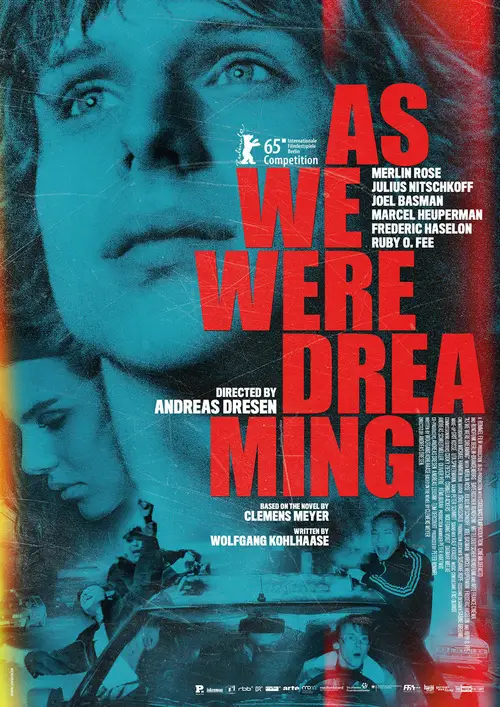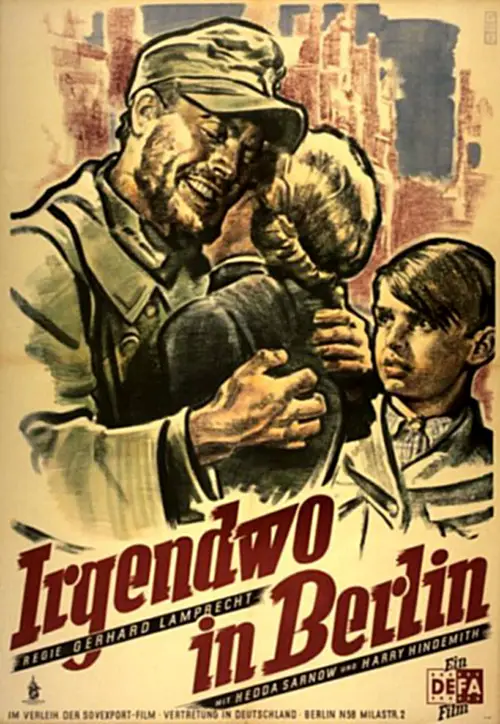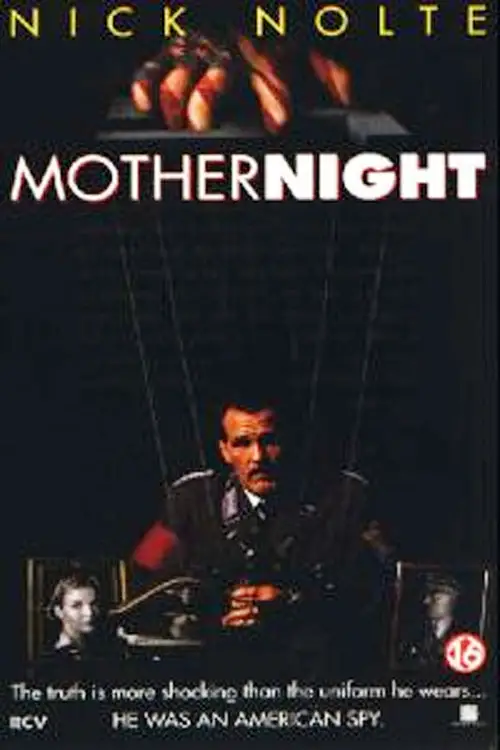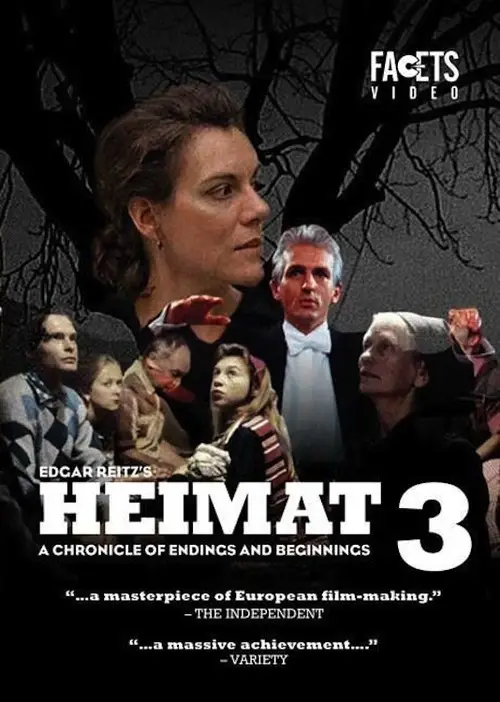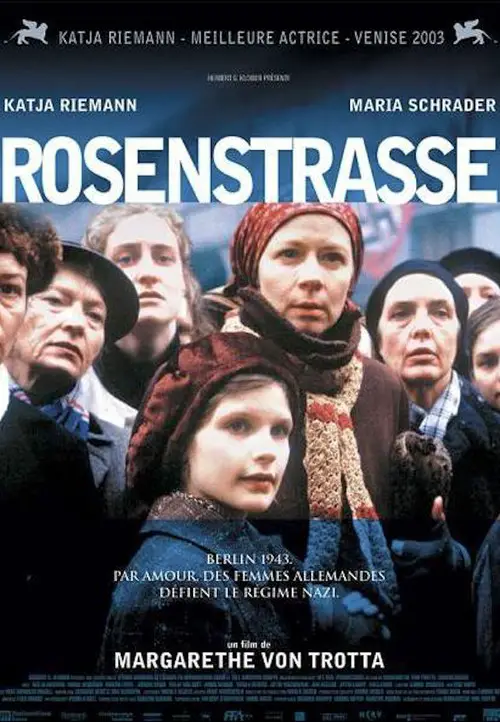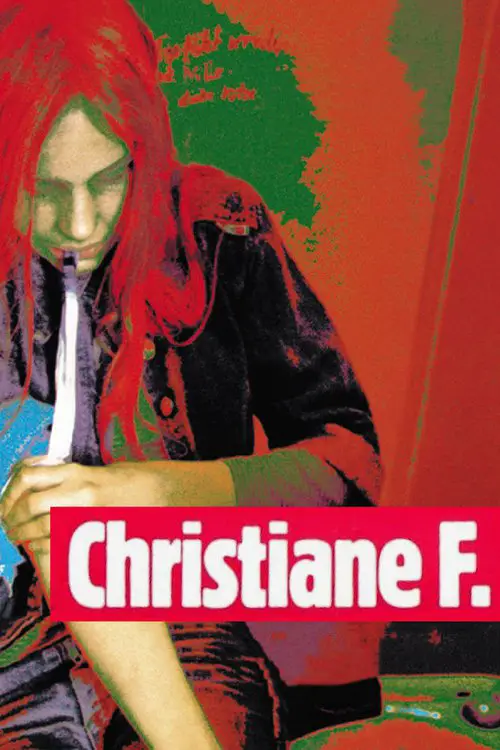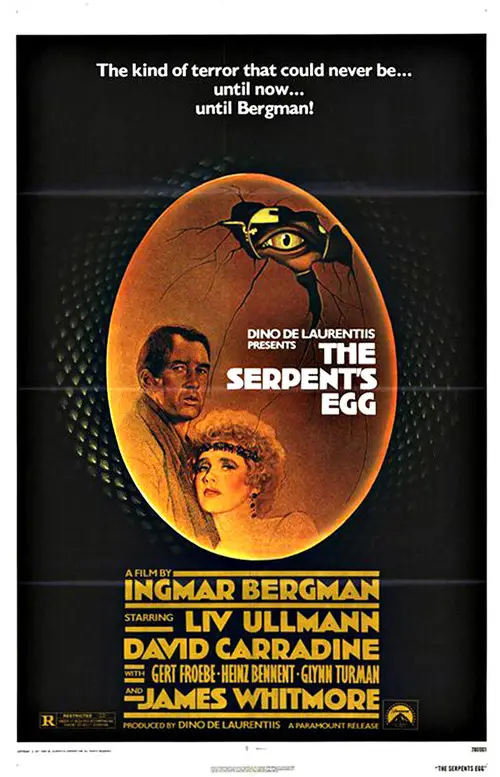Solo Sunny (1980)

Similar movies
In this acclaimed drama inspired by true events, Olympic swimmer Harry Melchior (Heino Ferch) defects from East Germany in the 1960s and hatches a daring plot to help his sister (Alexandra Maria Lara) and others flee East Berlin through a 145-yard underground tunnel. With the help of an engineer (Sebastian Koch), Melchior leads the risky plan, under constant threat of being discovered by the authorities.
Summer, 1980. Barbara, a doctor, has applied for an exit visa from the GDR (East Germany). Now, as punishment, she has been transferred from Berlin to a small hospital out in the country, far from everything. Jörg, her lover from the West, is already planning her escape. Barbara waits, keeping to herself. The new apartment, the neighbors, summertime, the countryside â none of that means anything to her. Working as a pediatric surgeon under her new boss Andre, she is attentive when it comes to the patients, but quite distanced toward her colleagues. Her future, she feels, will begin later. But Andre confuses her. His confidence in her professional abilities, his caring attitude, his smile. Why does he cover for her when she helps the young runaway Sarah? Does he have an assignment to keep track of her? Is he in love? But as the day of her planned escape quickly approaches, Barbara starts to lose control. Over herself, her plans, over love.
East Germany. Summer, late 70's. Three years after her boyfriend Wassilij's apparent death, Nelly Senff decides to escape from behind the Berlin wall with her son Alexej, leaving her traumatic memories and past behind. Pretending to marry a West German, she crosses the border to start a new life in the West. But soon her past starts to haunt her as the Allied Secret Service begin to question Wassilij's mysterious disappearance. Is he still alive? Was he a spy? Plagued by her past and fraught with paranoia, Nelly is forced to choose between discovering the truth about her former lover and her hopes for a better tomorrow.
Double-agent Alexander Eberlin is assigned by the British to hunt out a Russian spy, known to them as Krasnevin. Only Eberlin knows that Krasnevin is none other than himself! Accompanying him on his mission is a ruthless partner, who gradually discovers his secret as Eberlin tries to maneuver himself out of a desperate situation.
In October 1989, the part of the West Berlin borough of Kreuzberg called SO 36, had been largely shut off by the Wall from the rest of the city for 28 years. A lethargic sub-culture of students, artists, bohemians and barflys had flourished among crumbling buildings. Part of that microcosm is barkeeper Frank, semi-formally called 'Herr Lehmann' by friends and patrons. He hangs out drinking, sports utter disregard for anything beyond SO 36 and lazily pursues an affair with cook Katrin. His lifestyle is gradually disturbed, when his parents show up for a visit, things go awry with Katrin and his best friend Karl starts to act strange. Meanwhile, political turmoil mounts on the other side of the Wall.
Flanders, a famous female author, travels 1989 after the fall of the Berlin wall into the German capitol. She is deeply depressed of the events because she saw the communistic states as a very good thing that has now ended. In the joy of these days she finds no person to understand her, so she has to travel back to Munich. After meeting several people, known and unknown, it seems as if there will be no way to go.
The film opens with the angel Cassiel (Otto Sander) standing on the statue of the Angel of Victory overlooking post-Cold War Berlin. Growing ever more despondent over his fate as a mere observer of human life, rather than a vital part of it, Cassiel dreams of "crossing over" to the human world.And he does, as Karl Engel, a man who perhaps knows too much, perhaps like in many of Hitchcock's films, some harmless citizen who gets involved in an affair to which he is not up to. In fact, there is no one as kind and harmless as this newborn citizen of the Earth.We will follow Cassiels's adventures into a "thriller." This story which gets mangled with his own life is about weapons, more precisely about a weapon deal where the weapons - or INSTRUMENTS of violence -- are traded for IMAGES of violence.(Text from Wim Wenders site)
Ingo Hasselbach, whose parents were Communist Party members in East Germany during his childhood, has lived at both ends of the political seesaw. The question of how people reach a change of heart is a profound one; Hasselbach describes the external forces that led to his founding Germany's first neo-Nazi political party and the internal ones that led him away from it five years later.
Europe 1990, the Berlin wall has just crumbled: Katrine, raised in East Germany, but now living in Norway for the last 20 years, is a âwar childâ; the result of a love relationship between a Norwegian woman and a German occupation soldier during World War II. She enjoys a happy family life with her mother, her husband, daughter and granddaughter. But when a lawyer asks her and her mother to witness in a trial against the Norwegian state on behalf of the war children, she resists. Gradually, a web of concealments and secrets is unveiled, until Katrine is finally stripped of everything, and her loved ones are forced to take a stand: What carries more weight, the life they have lived together, or the lie it is based on?
Rachel Singer is a former Mossad agent who endeavored to capture and bring to trial a notorious Nazi war criminal-the Surgeon of Birkenau-in a secret Israeli mission that ended with his death on the streets of East Berlin. Now, 30 years later, a man claiming to be the doctor has surfaced, and Rachel must go back to Eastern Europe to uncover the truth. Overwhelmed by haunting memories of her younger self and her two fellow agents, the still-celebrated heroine must relive the trauma of those events and confront the debt she has incurred.
This is the story of Mr. Brochu, whose friends like to call "the Boss". He runs his gas station the best he can and tries to stay happy no matter what happens. This movie relates all the small tragedies surrounding the gaz bar, such as hold-ups, competition from the big companies invading the neighbourhood, and the fact that is sons don't seem to be interested in the gas station.
East-Berlin, 1961, shortly after the erection of the Wall. Konrad, Sophie and three of their friends plan a daring escape to Western Germany. The attempt is successful, except for Konrad, who remains behind. From then on, and for the next 28 years, Konrad and Sophie will attempt to meet again, in spite of the Iron Curtain. Konrad, who has become a reputed Astrophysicist, tries to take advantage of scientific congresses outside Eastern Germany to arrange encounters with Sophie. But in a country where the political police, the Stasi, monitors the moves of all suspicious people (such as Konrad's sister Barbara and her husband Harald), preserving one's privacy, ideals and self-respect becomes an exhausting fight, even as the Eastern block begins its long process of disintegration.
In 1931 budding author Christopher Isherwood goes to Berlin at the invitation of his friend W. H. Auden for the gay sex that abounds in the city. Whilst working as an English teacher his housemates include bewigged old queen Gerald Hamilton and would-be actress Jean Ross, who sings tunelessly in a seedy cabaret club. They and others he meets get put into his stories. After a fling with sexy rent boy Caspar he falls for street sweeper Heinz, paying medical bills for the boy's sickly mother, to the disapproval of her other son, Nazi Gerhardt. With Fascism rapidly rising Christopher returns to London with Heinz but is unable to prevent his return to Germany when his visa expires. Years later Christopher, now a successful writer, returns to Berlin for a final meeting with Heinz, now married with children.
Wallander has become a grandfather and is trying to seize the role as good as it goes, because he wants to be closer to his daughter Linda and her family. When Linda's father in law mysteriously disappears, Wallander is drawn into the case that takes him back in time to the Cold War and the submarine violations in the Stockholm archipelago. At the same time he's starting to suspect that something is not right with him...
A spy thriller telling a historically based story of a man who alone dares to challenge Soviets being in the middle of the communistic system himself. Planning the maneuvers of Warsaw Pact forces he discovers that the American plans of nuclear counterattack against Soviet forces is planned to be executed on Polish territory. Thanks to his determination he starts a long, lonely and psychologically exhausting cooperation with CIA. From that moment the life of his and his family is in danger as one careless move can lead to tragedy.
Reportedly the first film to come out of East Germany to deal openly with gay issues. Philipp, a closeted teacher is dating a female collegue to keep up appearances. One night, by 'accident' he stumbles into a gay bar, meets and promptly falls in love with a young man. Transformed by this love he is no longer afraid to face up to who he is.
Persona Non Grata in his homeland, protest singer Klaus Drittemann must leave East Berlin, his wife and child and emigrate to West Berlin, where the representatives of an American record company are eagerly waiting for him. They plan to exploit his defection from communism both ideologically and financially. But Klaus, as ill-at-ease in the West as he was in the East, is reluctant to be used as an expendable commodity. Leaving his contract unsigned (or signed in his manner), he leaves for Cambridge to meet his father, a concert player, who -just like him - left East Berlin thirty years ago as Klaus was a little boy. He is accompanied by a young French journalist, Emma, who knows where his father has been living since he disappeared for more than a decade. The young lady is cooperative but might hide things from him...
The architect Daniel Brenner is in his late thirties when he receives his first challenging and lucrative commission: to design a cultural center for a satellite town in East-Berlin. He accepts the offer under the condition that he gets to choose who he works with. This way, he reunites with former colleagues and friends - most of them architects or students of architecture who have since chosen a different profession due to personal restraint or economic confinement. Together, they develop a concept which they hope will be more appealing to the public than the conventional and dull constructions common to the German Democratic Republic. However, their ambitious plans are once and again foiled by their conservative supervisors. As frustration grows, Daniel has trouble keeping his career in balance with his family-life: his wife Wanda wants to leave for West-Germany.
Wings of Desire is Wim Wenderâs artistically beautiful film about the lonely and immortal life of angels during a post-war Berlin. Itâs a poetic journey from the perspective of the angels of which one falls in love with a living woman and wants to become a mortal human thus giving up his heavenly life. Filmed in black and white and with a feeling of celebrating life.
A nameless woman keeps a diary as the Russians invade Berlin in the spring of 1945. She is in her early 30s, a patriotic journalist with international credentials; her husband, Gerd, a writer, is an officer at the Russian front. She speaks Russian and, for a day or two after the invasion, keeps herself safe, but then the rapes begin. She resolves to control her fate
End of the 1970s in East Germany: Fred and Jonas are close friends. The 10-year-olds live near at the German-German frontier. After the mother from Jonas has made an exit application, the boys have to recognize that they are soon separated from each other. But they want to dig a tunnel to Australia to meet there themselves again. When Jonas should leave the country with his mother this night changes everything.
In 1938 Berlin, Gudrun Landgrebe, wife of Nazi functionary Kevin McNally, begins taking art lessons. She makes the acquaintance of another student, Japanese ambassador's daughter Mio Takaki. Soon afterwards, the two women begin a passionate lesbian affair. This leads to a chain reaction of disaster and tragedy, culminating with the inevitable intervention of the Gestapo. Despite the film's galloping sexual passions, The Berlin Affair is an exercise in aloofness, keeping the characters at arm's length-surprising, considering that the director was Liliana Cavani, auteur of the erotic classic The Night Porter (1974). The film was based on The Buddhist Cross, a novel by Junichiro Tanizaki.
The film portrays a fictional nuclear war between NATO forces and the Warsaw Pact that rapidly escalates into a full scale exchange between the United States and the Soviet Union, focusing on the residents of Lawrence, Kansas, and Kansas City, Missouri, as well as several family farms situated next to nearby nuclear missile silos.
JUNG Jin-soo, a South Korean intelligence agent, comes across an unidentifiable operative, a 'ghost,' while surveilling a North Korean weapons deal in Berlin. The mystery figure is a North Korean secret agent, PYO Jong-seong, whose information cannot be found on any intelligence database. Jung quickly goes after Pyo to unveil his identity and gets himself embroiled in a vast international conspiracy. In the meanwhile, another North Korean operative, DONG Myung-soo, is dispatched to Berlin with a secret agenda to purge Pyo and take control of the North Korean embassy. Dong sets a trap to frame Pyo's wife, RYUN Jung-hee, for treason and tightens the noose around Pyo's neck. Pyo surveils his wife with hopes of clearing accusation against her but he plunges into deeper confusion when he discovers her secret.
An American journalist played by George Clooney arrives in Berlin just after the end of World War Two. He becomes involved in a murder mystery surrounding a dead GI who washes up at a lakeside mansion during the Potsdam negotiations between the Allied powers. Soon his investigation connects with his search for his married pre-war German lover played by Cate Blanchett.
Berlin Alexanderplatz, originally broadcast in 1980, is a 14-part television film adapted and directed by Rainer Werner Fassbinder from the Alfred Döblin novel of the same name, and stars Günter Lamprecht, Hanna Schygulla, Barbara Sukowa, Elisabeth Trissenaar and Gottfried John. The complete film is 15½ hours long.
Berlin in June of 1940. While Nazi propaganda celebrates the regimeâs victory over France, a kitchen-cum-living room in Prenzlauer Berg is filled with grief. Anna and Otto Quangelâs son has been killed at the front. This working class couple had long believed in the âFührerâ and followed him willingly, but now they realise that his promises are nothing but lies and deceit. They begin writing postcards as a form of resistance and in a bid to raise awareness: Stop the war machine! Kill Hitler! Putting their lives at risk, they distribute these cards in the entrances of tenement buildings and in stairwells. But the SS and the Gestapo are soon onto them, and even their neighbours pose a threat.
When you read the title âSummer on the Balconyâ you probably think it will be a light Berlin summer comedy but itâs not. This film is an intimate study of two women friends who come to each other because of troubles with everyday life and with men and thus try to enjoy a life based on their ideas.
Nina, an end-of-teenage orphan with mental problems, starts a new job as a garden cleaner when she meets Toni. They fell in love with each other, but soon Toni starts betraying Nina. In the meantime, Francoise is picked up at a psychic department of a Berlin hospital by her husband, Pierre. After seeing Nina, Francoise believes that she has found her kidnapped daughter Marie, but neither Toni nor Pierre believe her. Nina is unsure about what to think...
Berlin 1943/44 ("The Battle of Berlin"). Felice, an intelligent and courageous Jewish woman who lives under a false name, belongs to an underground organization. Lilly, a devoted mother of four, though an occasional unfaithful wife, is desperate for love. An unusual and passionate love between them blossoms despite the danger of persecution and nightly bombing raids. The Gestapo is on Felice's trail. Her friends flee, she decides to sit out the war with Lilly. One hot day in August 1944, the Gestapo is waiting in Lilly's flat...
Adapted from an award-winning best-selling book by Uwe Tellkamp, 'The Tower' depicts a higher class familyâs struggles during crumbling communist rule in 1980âs East Germany. It illustrates the weaknesses and pending downfall of the German communist state through an intimate portrayal of one family's struggles, dreams and decisions. Run-ins with East Germanyâs Secret Police reveal the cracks in both the police state and family loyalties.
What To Do In Case of Fire? tells the humorous and touching story of six former creative anarchists who lived as house squatters in Berlin during its heyday in the 80s when Berlin was still an island in the middle of the former eastern Germany. At the end of the 80s they went their separate ways with the exception of Tim and Hotte, who have remained true to their ideals and continue to fight the issues they did as a group. In 2000, with Berlin as Germany's new capital, an event happens forcing the group out of existential reason to reunite and, ultimately, come to grips with the reason they separated 12 years ago.
Mama, I'm Alive (German: Mama, ich lebe) is a 1977 East German film directed by Konrad Wolf. It was chosen as East Germany's official submission to the 50th Academy Awards for Best Foreign Language Film, but did not manage to receive a nomination. It was also entered into the 27th Berlin International Film Festival.
In this vivid historical drama set in 1980s East Germany, two dockworkers and best friends who dream of escaping the repressive regime are forced to choose their loyalties when the state police promise them safe passage out of the country â if they inform on their co-workers and union leader. (TIFF)
The story revolves around Jakob, Bo and Mikkel - three friends who spend their days lusting over unattainable women and engaging in a variety of illegal activities (i.e. they'll rent a movie and then break into a house to watch it). After he's assigned to work with Mathilde on a school project, Jakob finds himself falling for the girl - despite the fact that Mikkel has been secretly lusting after her for years...
After WWII, Berlin lies in ruins. For Gustav, Willi and their friends the rubble provides an adventurous, dangerous playground. Especially for Gustav, it helps pass the time, as he longs for his father's return from a POW camp. One day a stranger arrives, looking helpless and hopeless... Gerhard Lamprecht built his reputation during the 1920s and '30s with films like Emil and the Detectives (1931, script Billy Wilder) and socially-critical Berlin films based on the drawings of Heinrich Zille. In Somewhere in Berlin-his first postwar film, made just months after the cessation of hostilities-he portrays the people of the shattered city with precision and psychological realism.
Heimat 3 is the third cycle of Edgar Reitz's monumental Heimat series, which premiered at the 2004 Venice Film Festival. The third Heimat completes the trilogy and brings together particularly the settings of Heimat 1. It follows the new generation of the Simon family, in a period spanning from 1989 to 2000. Germany changed dramatically in this period, and Reitz cleverly reflects the historical events through the charactersâ lives.
When Ruth's husband dies in New York, in 2000, she imposes strict Jewish mourning, which puzzles her children. A stranger comes to the house - Ruth's cousin - with a picture of Ruth, age 8, in Berlin, with a woman the cousin says helped Ruth escape. Hannah, Ruth's daughter engaged to a gentile, goes to Berlin to find the woman, Lena Fisher, now 90. Posing as a journalist investigating intermarriage, Hannah interviews Lena who tells the story of a week in 1943 when the Jewish husbands of Aryan women were detained in a building on Rosenstrasse. The women gather daily for word of their husbands. The film goes back and forth to tell Ruth and Lena's story. How will it affect Hannah?
This movie portrays the drug scene in Berlin in the 70s, following tape recordings of Christiane F. 14 years old Christiane lives with her mother and little sister in a typical multi-storey apartment building in Berlin. She's fascinated by the 'Sound', a new disco with most modern equipment. Although she's legally too young, she asks a friend to take her. There she meets Detlef, who's in a clique where everybody's on drugs. Step by step she gets drawn deeper into the scene.
© Valossa 2015–2026
| Privacy Policy
